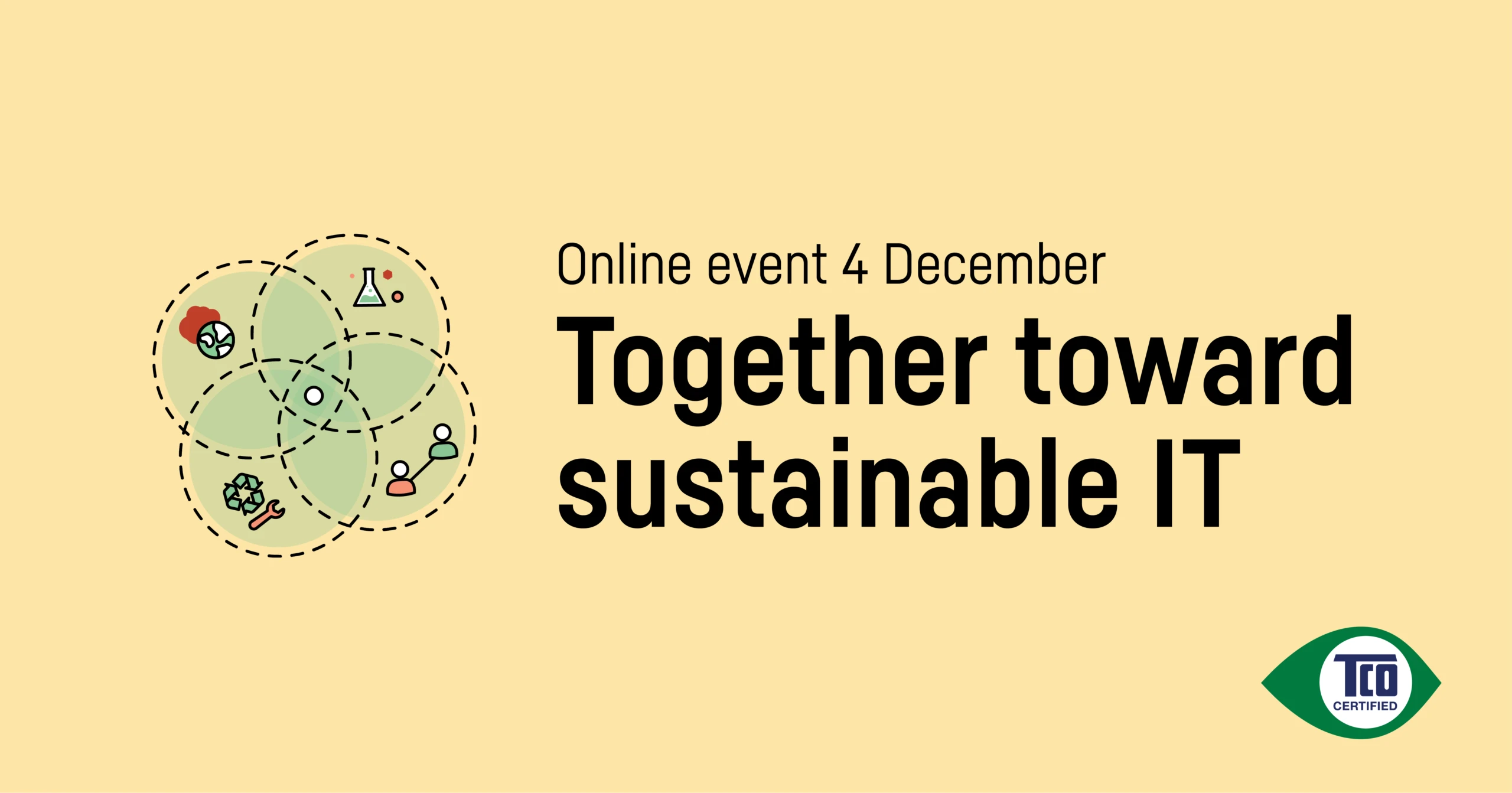Having spent 20 years testing IT products and conducting factory audits in Asia, I have come to realize that factories and brands are not inherently good or bad. Rather, they are part of a complex ecosystem that caters to global customers, where a significant portion of the market prioritizes price and lead time over sustainability.
Factories are in fierce competition with each other and they will do what they must in order to attract clients. It’s up to us, who buy their products, to demonstrate that sustainability is important. Only then can we expect them to take steps in the right direction.
One of the most common misconceptions about factory audits and monitoring is that they will automatically lead to positive change. It doesn’t work this way. Auditing and monitoring must be part of a system where found issues are managed over a long period of time. This work is time-consuming and resource-intensive. One can compare it with air quality monitoring stations in cities. They do not improve the air quality, it is the process and system that follows the measurement that makes a difference.
We need to ask ourselves if we are willing to wait until we see independently verified improvements that will last before buying products. If we are not, our message to the industry will be that sustainability is not a priority — we will go ahead with the purchase whether they meet our sustainability demands or not. This is a very harmful signal to give.
For an individual organization, following up on audit non-compliance is very difficult as it requires large resources and industry access. Even identifying the factory where your products were manufactured can be a challenge, let alone tracing the hundreds of sub-suppliers involved. Also, to be heard, you need to have a loud enough voice. The order you place is probably relatively small compared to the total amount the brand or factory produces for customers globally. If other buyers only ask for a lower price, your request for sustainability may not receive the attention it deserves, and therefore you might not achieve the result you aimed for.
The good news is that you can benefit from TCO Certified and the system behind it. By including the certification in policies and tenders, you get ongoing criteria development and 20,000 hours of independent verification and follow-up every year, at no extra cost because it is included in the certification, like all the other benefits you receive from the TCO Certified criteria.
A global problem must be addressed globally, and TCO Certified brings together sustainability-conscious purchasers from all over the world and helps you form a clear, unified voice that the industry will listen to. We hold IT brands accountable for driving change in the factories and set comprehensive criteria on a product level for repairability, robustness, safer chemicals, recycled materials, supply chain responsibility and much more. The result is a more sustainable product you can proudly use for years to come.
The evolution of supply chain criteria in TCO Certified
- Social supply chain criteria have been part of TCO Certified since 2009.
- Criteria are comprehensive and go beyond legislation and industry standards.
- Compliance is verified by independent experts. Failure to address issues promptly can result in the loss of product certificates and manufacturing rights.
- To quicken the pace toward sustainable manufacturing, TCO Certified Accepted Factory List was launched in 2018. Factories are categorized by risk level and high-risk factories are monitored more often.
- IT brands have access to the factory list which allows them to select factories that are at the forefront of sustainability.
- This way, more ambitious factories get more business, which is an incentive for factory management to prioritize sustainability issues.e
- Since TCO Certified Accepted Factory List was introduced, factory performance has improved significantly, with safer working environments and fewer issues with excessive overtime.

As a purchaser support manager, Martin Eichenseder helps organizations in Germany, Switzerland and Austria make more responsible choices of IT products. He has a background as an independent verifier and loves outside activities such as hiking and building things.




